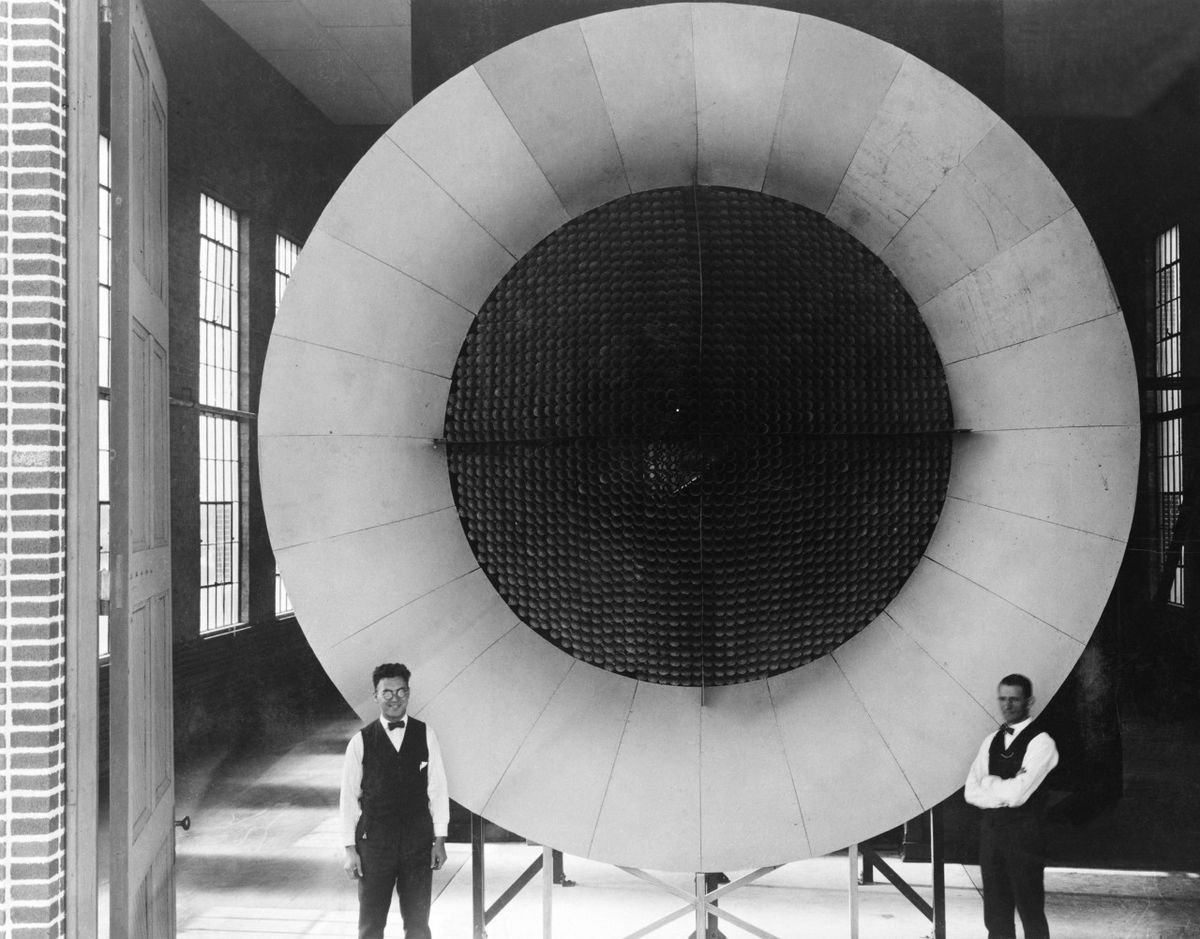Objectives Are About What You Create

The word ‘objective’ is relatively new in the sense we use in business, emerging as a French military term in the mid 19th Century. It originated as an adjective, which meant it needed a noun to make sense. An ‘objective’ is relative to the object. It took on a noun sense in the mid 18th Century where the object in question was the mind. Prior to this the object was tangible. It could be perceived and was an object because it could be perceived. It took on the sense of something to aim at in the 14th Century.
Because an objective needs an object, we must first have a sense of what the object looks like. Once we have that, then we design measurement instruments to discover more about the object of interest. This becomes important when we consider the great difficulty businesses have in setting objectives. In some cases objectives are set around objects that are familiar and, thus, can be achieved. This is a good thing. An abstract objective is hard to deal with. When do you decide that you are ‘happier’? The problem is that this also tends to channel our attention to discrete objects that can be easily counted.
All very well and good in the age of mass production but much less so now when we are all consuming each other’s knowledge output. This blog is written for people who want to make positive change to the world, to deliver something of importance to society through creating responsible, productive and humane economic entities.
That mission is full of abstraction and, to be successful, must make those abstractions concrete in some way. This, by the way, is another reason why I dislike the term ‘consultant’. It’s just too vague. There’s no clarity around what is done nor in what domain. The abstract is not a good thing in business if it remains in the abstract.
Arguing against myself a little, I also hold that business is fundamentally creative, which is a powerful exercise of the abstract. But creativity is about expression and expression brings something into the world that wasn't there before. So again, this is about an activity that creates an object that can be perceived. Business objectives involve objects that are created and can be perceived. I'm taking my time on this point because there are two activities at the heart of business which are absolutely critical to get right and which both suffer from abstraction and consequently are (I believe) misunderstood. These are marketing and innovation.
For marketing, I get that there are courses taught at university and business school that takes people into career specialization, leads them into specific business units or agencies and provides them with a particular set of terms and tendency to use certain tools. I get that. But that’s not the marketing I'm talking about. Just like IT has now become what everyone does and, as Dan Pink wrote, we are all in sales, so too is each business in marketing. One of the great outcomes of the GFC has been a recognition (as in ‘to know again’) of the centrality of the customer.
A business succeeds because it delivers products through service to a set of customers, who comprise the market. Peter Drucker said of marketing that it “… is the whole business seen from the point of view of its final result, that is, from the customer’s point of view”. Marketing is about the business as it is in its entirety now. And, just like a person, a business needs to define its marketing self in terms of objectives that relate to something it creates, something that can be perceived.
These objectives are about everything the business is today in relation to the customer it seeks to add value to. In this sense there are no ‘marketing’ objectives: there are only objects that the business creates. Marketing is something that every element of the business in play today does. If a business unit is not thinking in terms of how it contributes to the customer, then we must question what the purpose of that business unit is.
The problem all abstract business objectives face is in our tendency towards measurement inversion. That is, we measure either what can be counted or what we recognise. Managing by the metrics of the mass production era just won’t do for the social era. But we don’t like an undefined environment and, instead of thinking through what objects our business creates, we fall back to what we know. Marketing objectives aren't about how a marketing department measures its website performance. They relate to that unique thing that our business creates. And we may have quite the wrong idea of what that actually is.
If marketing objectives are hard to deal with, innovation objectives are even more difficult. Marketing is about the business of today, while innovation is about the business of tomorrow. If we have trouble seeing our business in terms of what it means to customers today, how are we going to fare when imagining what it means to our customers of the future? Our brains don’t handle the diffuse or vague well and we fall back on what we know now. Which is a tarnished version of what could have been. Is it any wonder that so many businesses struggle with innovation?
The basic lesson here is that (i) business is hard and (ii) business is about creativity. The journey of the artist has a lot in common with the journey of the innovating businesswoman. We would all do well to read the life of Picasso.
This post is about the slippery nature of objectives and I’ll get to innovation later. But for now it’s a good place to make the point about what innovation is to a business. It isn't about product. It’s about the business as a social organism and, to a related but lesser extent, about the management/leadership culture. If you want to make the market and realize the potential of your business idea, you will have to put time and effort into allowing the social and managerial aspects of your business shape and grow. Which generally means doing a hell of a lot of personal work. Good business is about being the best human you can be. The process of which gives you a chance to recognise what your role really is.

